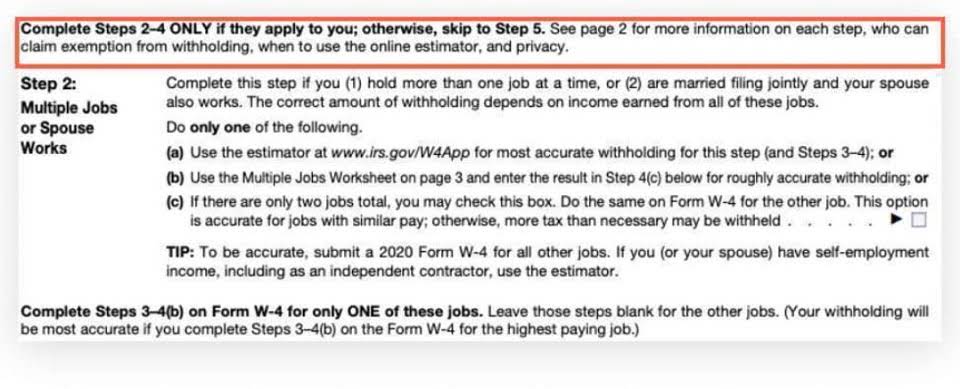
For both sales and purchases, it’s vital to have detailed, complete records of all transactions. You’ll need to note the amount, the date, and any other important details to ensure you can accurately summarize your finances when it comes time for tax season. Purchase receipts should always be kept as proof that the purchases took place.

Each of the best accounting books for small business included on our list is ideal for the small business owner. By setting aside 30 minutes to an hour each day, you can quickly read through the books on this list, extract the information most valuable to you, and implement the actions and steps that resonate with you. Consider keeping a pad of post-it notes close at hand to jot down thoughts and ideas you might want to revisit at a later time and make sure to follow up on your takeaways to keep them top of mind.
What you need to set up small business bookkeeping
If the ratio of income to debt is small, you’re operating with a narrow profit margin. Analyze where you can cut some costs, and you can improve a narrow profit margin. You can also track your gross margin weekly, biweekly, or monthly based on your sales. After how to bookkeeping for small business you have sold goods or provided a service, you invoice the purchaser. Once the invoice has been presented, the amount of the sale is now owed to you. This is money that you’re due to receive, hence its placement in your general ledger under Accounts Receivable.

With simple explanations and clear examples, Bookkeeping For Dummies is one of the more helpful bookkeeping books for beginners to add to their collections. Fotopulos’s guide walks you through the fundamentals of small business accounting in easy-to-understand terms. From profit-and-loss statements to balance sheets and cash flow forecasts, this book will empower you with the knowledge required to take control of your business’s financial health. This guide offers a practical understanding of financial accounting basics, including crafting financial statements, tracking transactions, and understanding the importance of cash flow.
Handle accounts receivable and payable
Bookkeeping for Nonprofits explains concepts specific to nonprofit organizations. Topics range from entering transactions accurately to how bookkeeping and accounting overlap. https://www.bookstime.com/articles/normal-balance Illustrations and checklists let readers make sure they understand key concepts. Double-entry accounting enters every transaction twice as both a debit and a credit.
Developing a bookkeeping routine prevents you from accidentally forgetting important steps in the accounting process. QuickBooks Online users can choose QuickBooks Live Bookkeeping to get year-round access to verified experts who are focused on their success. From the start, business owners can get personalized answers to questions and spend less time on their books. The book walks readers through the accounting rules that apply to this sector and the types of financial statements that nonprofits are supposed to prepare and board members are expected to comprehend. As its title suggests, Small Time Operator focuses on solo practitioners, home businesses, small ecommerce businesses, and contractors juggling clients. If this describes you, you may find valuable financial and accounting guidance in this book, which includes best practices for bookkeeping, tax reporting, and financing your business.

